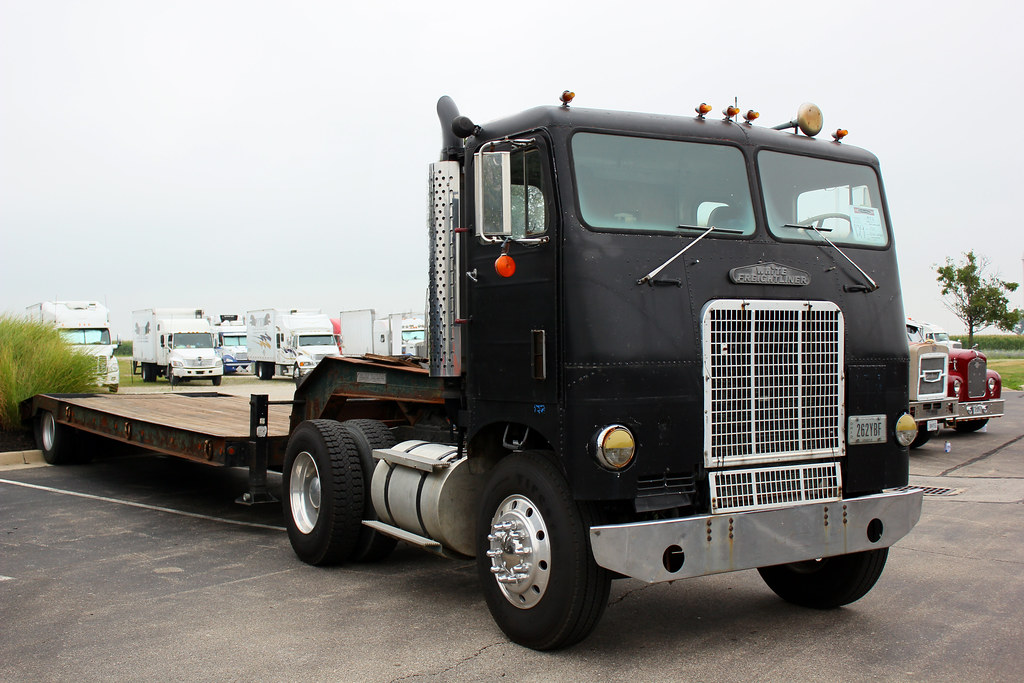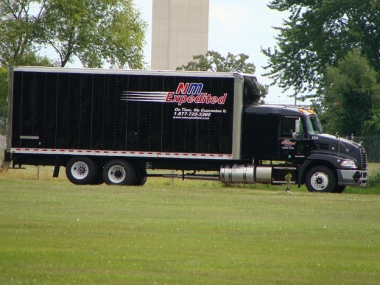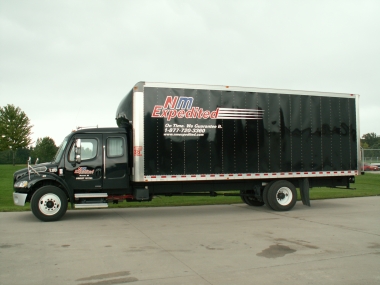I was at a grocery store in southern Arizona last Saturday, staring at bottles of tequila, when I spotted and purchased a bottle of Herradura. It was a tequila I'd heared about through a interview with Jim Harrison.
The Herradura reminded me of the author, and I thought of him as I did a shot (way too early) in the afternoon. This was on the same day that Jim Harrison died while writing his last poem at his winter grounds in Patagonia.
I also thought about the author later than same day, when my dad and I flushed a covey of quail on the bumpy, winding desert road to an off the grid watering hole simply called, The Desert Bar. It is a remote place. The electricity is generated by solar power, and the open air structures were tacked together from recycled scrap metal, by the former welder who followed his dreams and built this remote libation encampment. I believe Harrison would have loved to drink a cold beer at this place. and to be surrounded by the deserted gold mines. In this remote place, I expected to spot a mountain lion around every switchback on the boulder strewn wagon trail leading to the outpost.
There is something comforting about the expansiveness of the desert and the soothing dry heat, especially to a person who spends nine months of the year fighting the harsh winter climate of Minnesota, or northern Michigan.
I knew Harrison's wife passed away six months ago, and decided to buy a bottle and toast to the greatest author alive. It wasn't until a few days, later, when I returned home to Minnesota, that I read the news about Harrison's passing on that very Saturday, at his winter home in Patagonia, Arizona.
I read the news of his passing on CNN.com and my head started to spin, and when I followed a link to a New York Times interview from last week, my mind started to swim with thoughts of his passing, and the poem at the end of the article was difficult for me to finish.
I knew Herradura was a favorite tequila of the author Jim Harrison from an interview conducted at his home in Patagonia, Arizona.
Harrison grew up in Michigan, and once had a cabin in a place I too, cherished....the upper peninsula of Michigan.
I was introduced to the author five years ago by my friend, and fellow bibliophile, Kevin. I immediately connected with Harrison's prose and themes of hard living and stubbornness... traits essential for living and surviving in places like Northern Minnesota and Michigan. Harrison's writing is filled with sisu, a hearty, stoic determination, which transplanted Finns often speak of in regards to the harshness of these forgotten northern lands that share more traits with Canada than the United States.
I was strangely drawn to the UP, and found comfort in Harrison's themes about the binges in life; booze, smokes, and feasting on local game.
The profound comfort found in a double track road to nowhere, and the chaotic and vivid noises found in the rare and disappearing wildernesses we both love. His writing on the Upper Peninsula made me appreciate and visit the place much more, and I find comfort in his appreciation of fishing to eat, and living to feast.
It's hard not to hang on Anthony Bourdain's
every word. He's gone from a chain-smoking line cook to a best-selling
author, and then from a celebrity chef to a globe-trotting television
host, filling up passport pages at breakneck speed while broadcasting it
all to the world on his smash-hit CNN series Parts Unknown.
Throughout it all, the straight-talking Bourdain has retained an
endearing humility that's made him the fantasy BFF of basically every
food obsessive in America (and beyond). In a new interview with Biography.com, Bourdain talks about life before — and after — becoming famous, the writing process, and drug addiction.
On life before Kitchen Confidential propelled him to fame: "I was in horrible, endless, irrevocable debt. I had no health insurance. I didn’t pay my taxes. I couldn’t pay my rent."On writers who inspire him: "It’s useful to pick up an Elmore Leonard novel to see how a real professional does it. Nobody gets in and out of a scene cleaner, quicker, or better than that guy."
On his former drug addiction: "All I can tell you is this: I got off of heroin in the 1980s. ...There are a lot of guys that didn’t get that far."
On how different his life is post-fame: "To climb a dune in the Egyptian desert and look out over the desert as the moon’s rising, surrounded by friends that I work with, a belly full of some food that no one outside that time zone ever gets to experience, that’s a 'pinch me' moment for sure."
On living a "charmed life": "I should’ve died in my 20s. I became successful in my 40s. I became a dad in my 50s. I feel like I’ve stolen a car — a really nice car — and I keep looking in the rearview mirror for flashing lights."




